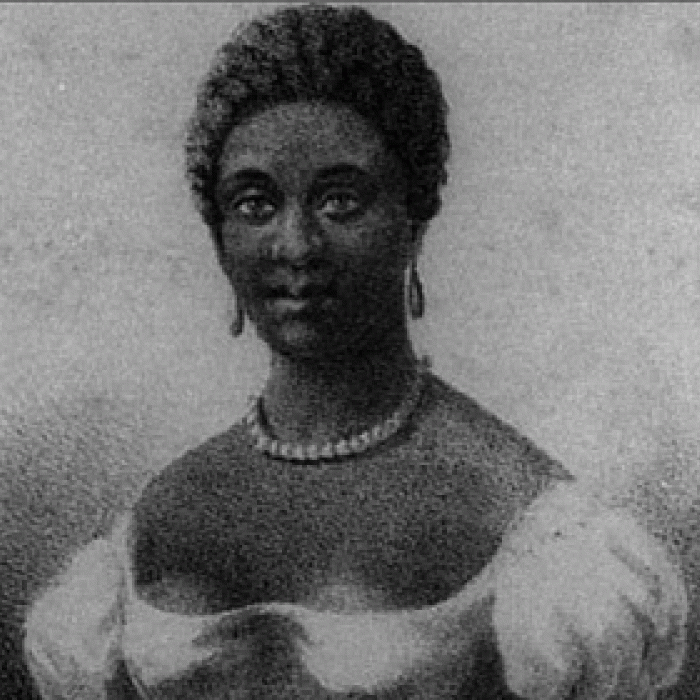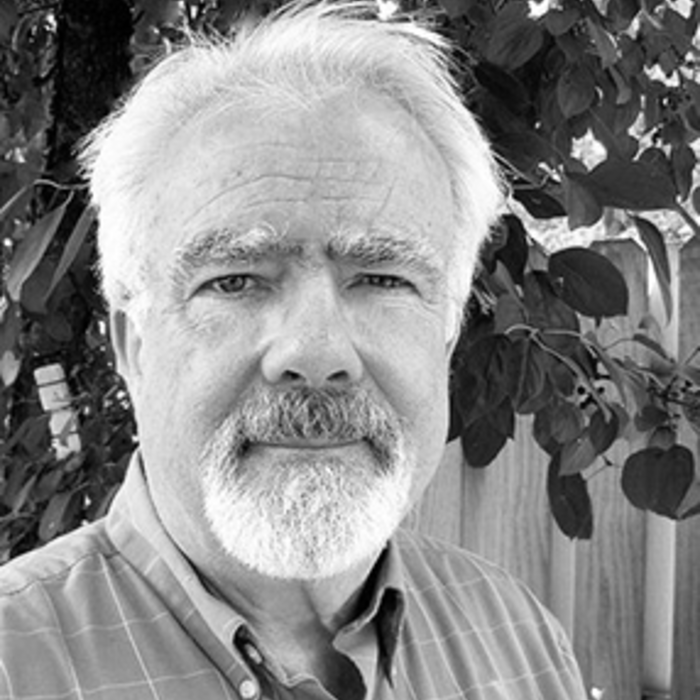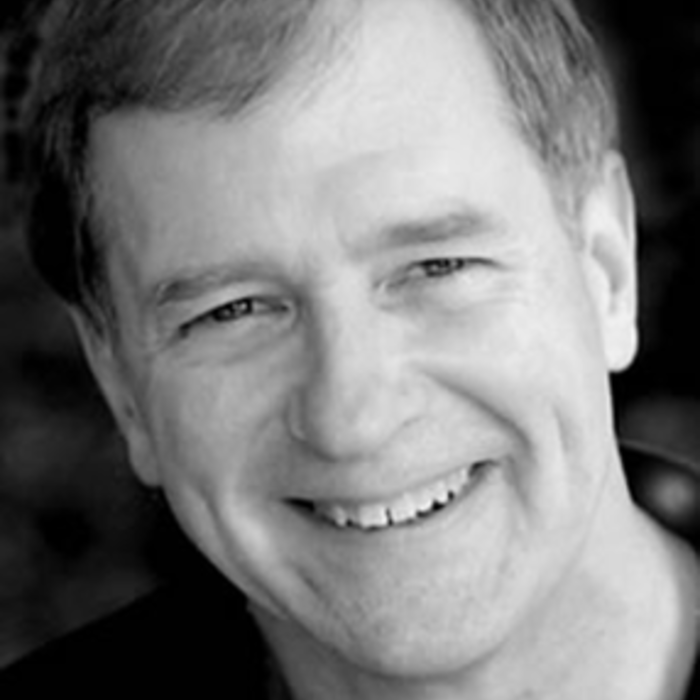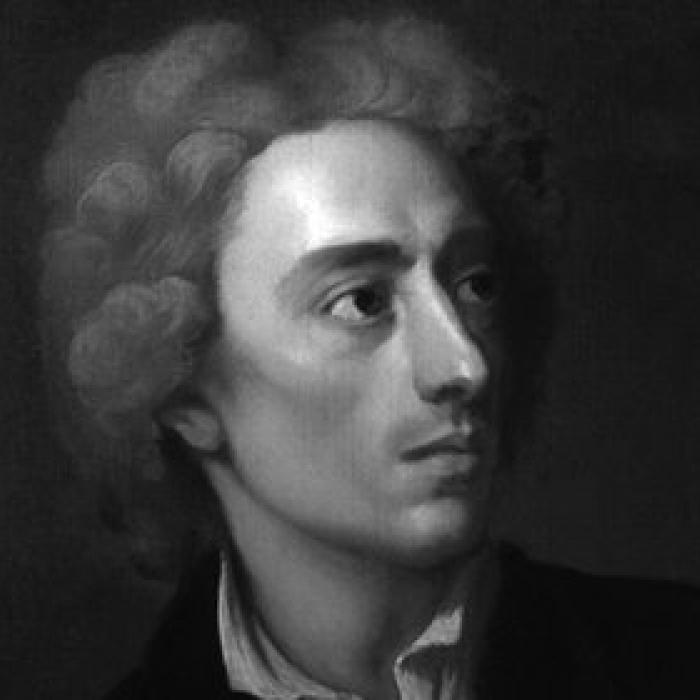Timothy Steele
Timothy Steele was born on January 22, 1948 in Burlington, Vermont. He received a BA in English in 1970 from Stanford University, followed by a PhD in English and American literature in 1977 from Brandeis University.
Steele’s first collection of poems, Uncertainties and Rest, published in 1979, attracted attention for its colloquial charm and its allegiance to meter and rhyme at a time when free verse was the predominant style, especially among younger poets. Writing about the book in The Hudson Review, Richmond Lattimore called it “desperately and delightfully unfashionable.” Steele has published three additional collections: Toward the Winter Solstice (Swallow Press/Ohio University Press, 2006); The Color Wheel (Johns Hopkins University Press, 1994); and Sapphics against Anger and Other Poems (Random House, 1986). His first two books were reprinted in a joint volume, Sapphics and Uncertainties: Poems 1970–1986 (University of Arkansas Press, 1995).
In recent years, Steele has often been associated with the New Formalism movement, but as the British poet and critic Peter Dale has noted, “his interest in, advocacy and use of traditional form began much earlier than the stirrings of that amorphous grouping.” Steele himself has frequently expressed doubts in interviews about the usefulness of the term, saying, “The only real New Formalist in English is Geoffrey Chaucer.” He has emphasized his connections and debts to such earlier modern metrical practitioners as E. A. Robinson, Robert Frost, Louise Bogan, Janet Lewis, Yvor Winters, W. H. Auden, J. V. Cunningham (with whom Steele studied at Brandeis), Richard Wilbur, Philip Larkin, Edgar Bowers, X. J. Kennedy, and Thom Gunn.
A number of critics have observed that poetic form has never been an end in itself for Steele, but rather a means for engaging and exploring a wide range of subjects. Reviewing The Color Wheel in Poetry magazine, Robert B. Shaw commented, “Aside from the esthetic pleasure his work affords, there is a controlled but powerful current of feeling in almost everything he writes.”
Steele is also the author of a scholarly study of poetic modernism, Missing Measures: Modern Poetry and the Revolt against Meter (University of Arkansas Press, 1990), about which Richard Wilbur wrote, “If it has not the slam-bang simplicity of polemic, it has something better: it is patiently evidential and well-nigh incontestable.” His other prose includes All the Fun’s in How You Say a Thing: An Explanation of Meter and Versification (Ohio University Press, 1999), designed mainly for students as a practical, nuts-and-bolts investigation of metrics. The twenty-fifth year anniversary edition was released in 2024. Steele has also edited The Poems of J. V. Cunningham (Swallow Press, 1997) and The Music of His History: Poems for Charles Gullans on His Sixtieth Birthday (Robert Barth, 1989).
Among Steele's honors are a Guggenheim Fellowship, a Peter I. B. Lavan Younger Poets Award from the Academy of American Poets, the Los Angeles PEN Center’s Award for Poetry, a Commonwealth Club of California Medal for Poetry, and the Robert Fitzgerald Award for Excellence in the Study of Prosody.
Steele has held teaching appointments at Stanford University, and the University of California, in both Los Angeles and Santa Barbara. Since 1987, he has taught English at California State University, Los Angeles, where is a professor emeritus and President’s Distinguished Professor.






